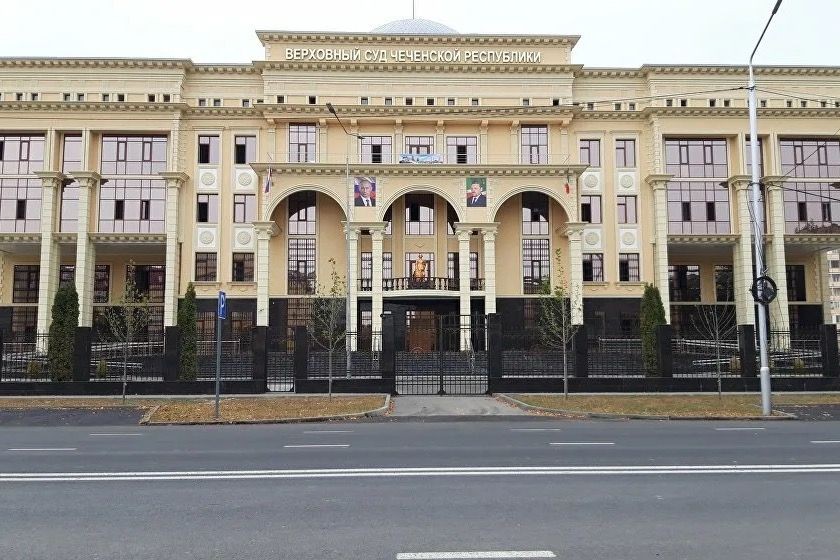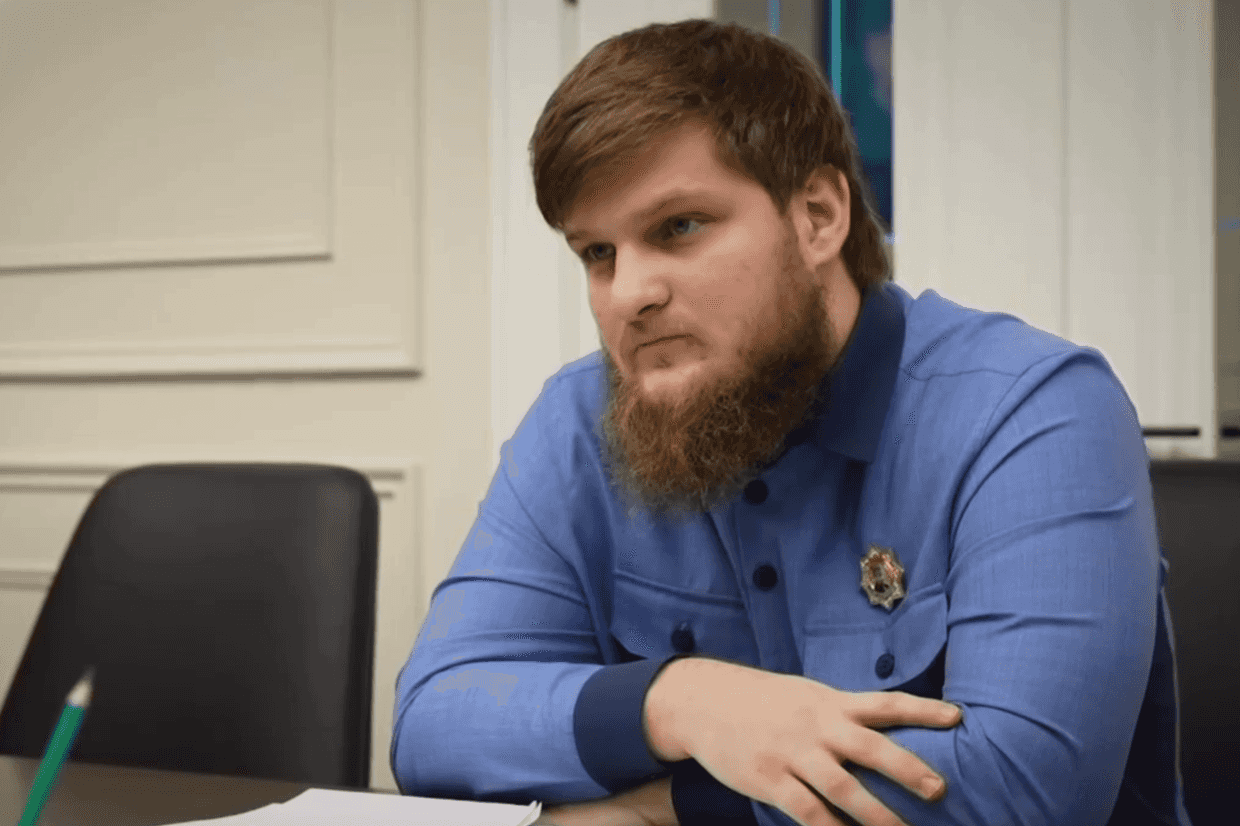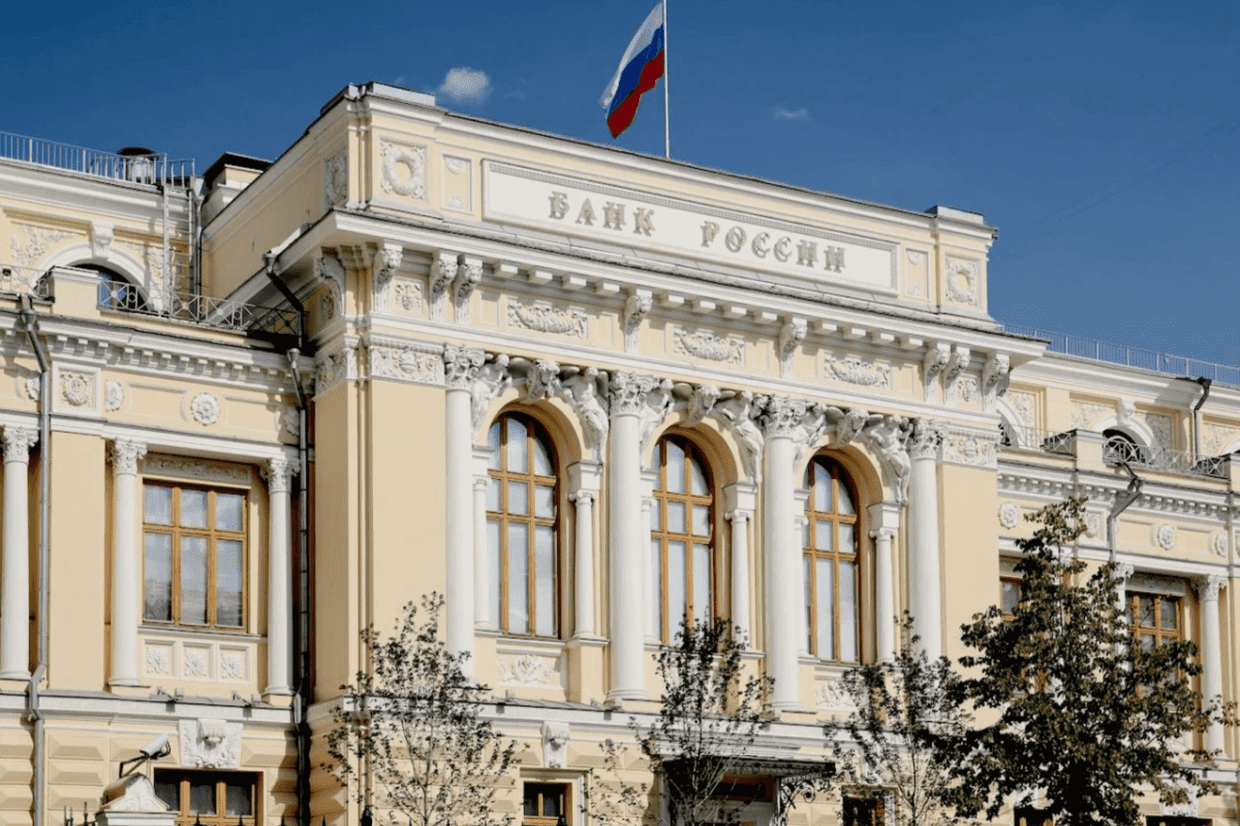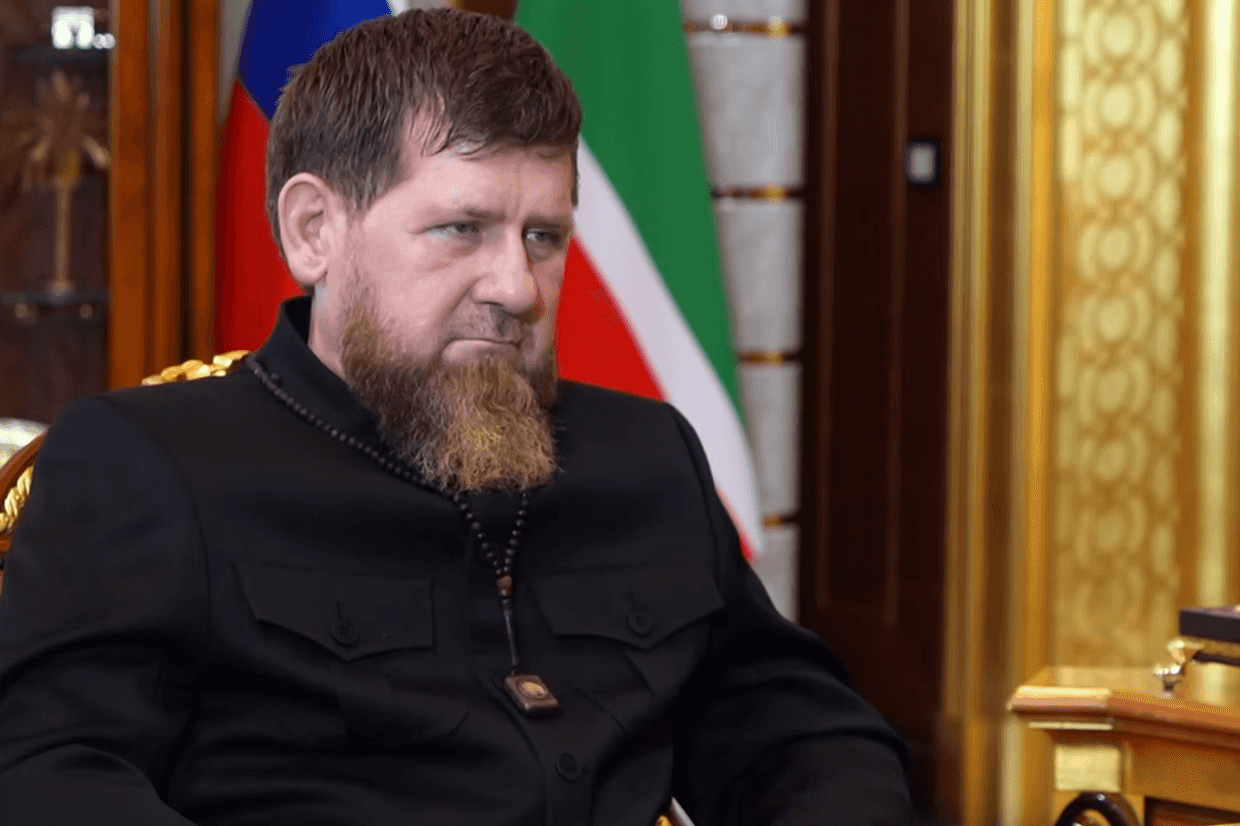
Chechnya’s Supreme Court has banned the activities of NIYSO, an opposition movement based on Telegram, designating it as an extremist organisation.
The ruling went out on Thursday, after a case against NIYSO was launched by Chechen Prosecutor General Arsan Adaev. According to official reports, the case materials allegedly contained evidence of the organisation’s ‘extremist orientation’, including the dissemination of materials described as inciting hatred and aiming to destabilise the socio-political situation.
The court upheld the prosecutor’s demands and ordered the immediate termination of NIYSO’s activities as an extremist association.
Chingiz Akhmadov, director of the state television company Grozny TV, commented on the court’s decision to his channel. He said that members of the group, who are reportedly hiding in Turkey and European countries, had been placed on a federal wanted list on charges of serious crimes. According to Akhmadov, they allegedly recruit young people aged 14 to 20 for terrorist purposes and spread false and ‘formulaic’ information aimed at ‘discrediting the republic’.
‘This extremist group consists of criminals with the blood of Chechen citizens on their hands. Having fled from justice, they continue to recruit young people aged 14 to 20 to use them for terrorist purposes. These facts have been documented, and we will publish the relevant video materials in due course’, Akhmadov said.
He also claimed that one of the administrators of the group’s Telegram channel, who lives in France, had requested €250 ($290) for food through GoFundMe, identifying himself as a member of the LGBT community.
In addition, Akhmadov stated that some of the ‘messages from residents of Chechnya’ published by NIYSO were allegedly written by the movement’s activists themselves. He further asserted that NIYSO’s activities were supervised by foreign intelligence services, pointing to what he described as the selective nature of their rhetoric.
‘They never criticise the actions of Europe, the so-called “Israel”, or the Euro-Ichkerian atheists [referring to pro-independence Chechens who live in exile]. This clearly shows that they are nothing more than puppets carrying out someone else’s orders. And we treat them as such’, he concluded.
In a comment to RFE/RL, representatives of NIYSO said they regard the Russian authorities as ‘terrorists and occupiers’ who, in their view, must be expelled from Chechnya. They added that Chechen officials had previously avoided mentioning the movement directly to limit public awareness, but that this approach, they said, had now lost its meaning.
‘It is a bit disappointing that such a step by the Russian regime took so long, but it means we are moving in the right direction and that our work is bearing fruit’, one of the movement’s representatives told RFE/RL.
NIYSO, which translates from Chechen as ‘equality’ or ‘justice’, was established in August 2022. The group describes itself as a network of information activists who publish content on their Telegram channel, much of which concerns reports of abductions in Chechnya and criticism of Ramzan Kadyrov and Chechen authorities.
NIYSO is often referred to as one of the few remaining sources of independent information about events in Chechnya, particularly in relation to reports of kidnappings and repression.
The decision of the Supreme Court of the Chechen Republic has already come into legal force and is subject to immediate enforcement.











